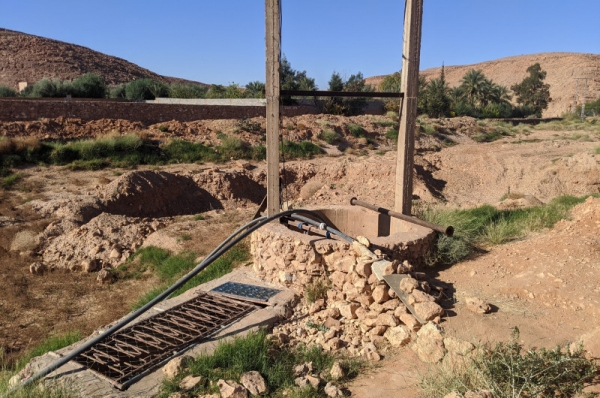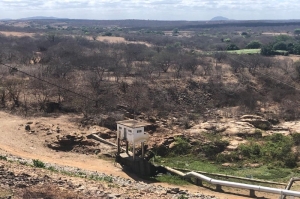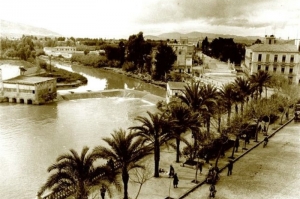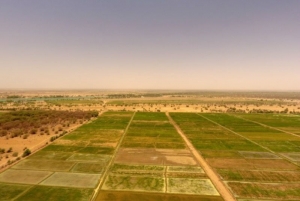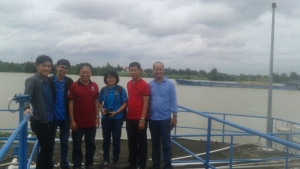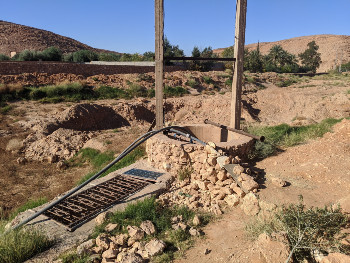
© Photo M. Kuper : A well in an oasis extension to recharge the groundwater aquifer during flash floods (Ghardaïa, Algeria)
This project sets out to comparatively study promising grass-roots initiatives of people organizing around groundwater in places where pressures on the resource are particularly acute (India, Algeria, Morocco, USA, Chile, Peru, Tanzania). As these often defy or challenge conventional wisdom, the project's hypothesis is that these initiatives contain creative insights about ways of dealing with the intrinsic tensions that characterize groundwater governance: between individual and collective interests and between short-term gains and longer-term sustainability.
Focusing on groundwater practices - of knowing, accessing and sharing - we combine qualitative ethnographic methods with hydrogeological and engineering insights to explore the knowledges, technologies and institutions that characterize these initiatives. Our aim is to enunciate and normatively assess their logic and functioning in view of tracing overlaps or patterns that allow them to serve as more genericmodels for transformations to groundwater sustainability.
This effort is inspired by theorizations of water as simultaneously social and natural, builds on recent critical scholarship on institutions, and has a particular sensitivity to how the distribution and use of groundwater is mediated by technologies. Our overall aim is to create global action-research collaborations to generate new inspirations for thinking about and dealing with interconnections and interdependencies between humans and groundwater.

